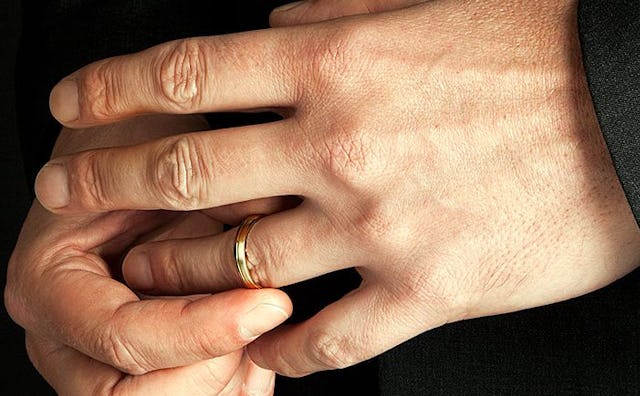Making More Money Than Your Husband? Beware.

It may sound like a stat out of the Mad Men era, but the study she cites was done in 2010 by Cornell, and looked at couples in the 18-to-28-year-old range who’d been together for at least a year. These aren’t people who talk in terms of who wears the pants; they’re probably not even old enough to remember that old Enjoli perfume commercial and lament that when the woman brings home the bacon and fries it up in a pan, she’s going to fall short when she tries to never ever let him forget he’s a man. For that, he needs to cheat. And so does she! Another study, done in 2013, says that when the woman makes more money, the man is 10 percent more likely to require prescriptions for erectile dysfunction, insomnia, and anxiety.
What gives? Are these just particularly insecure men, or is this something that has eluded feminism’s strides toward equality? Why aren’t men taking pride in their partners’ achievements instead of feeling emasculated by them? It stymies me, and fortunately, has not been true in my own life, where I was the bigger breadwinner for years.
Torabi offers up ideas in her book to deal with the problem, of course, which include “rewriting the fairy tale,” as well as other strategies for navigating these relatively new waters.
The other option is to use the magic formula that prevents this issue from rearing its ugly head: If you keep the woman’s salary at about three quarters of the man’s, marital harmony is no longer at stake and everyone is a lot less likely to cheat. This doesn’t feel like much of a solution. Instead, I recommend finding a guy who likes it when you succeed, maybe even one who thinks it’s hot.
This article was originally published on